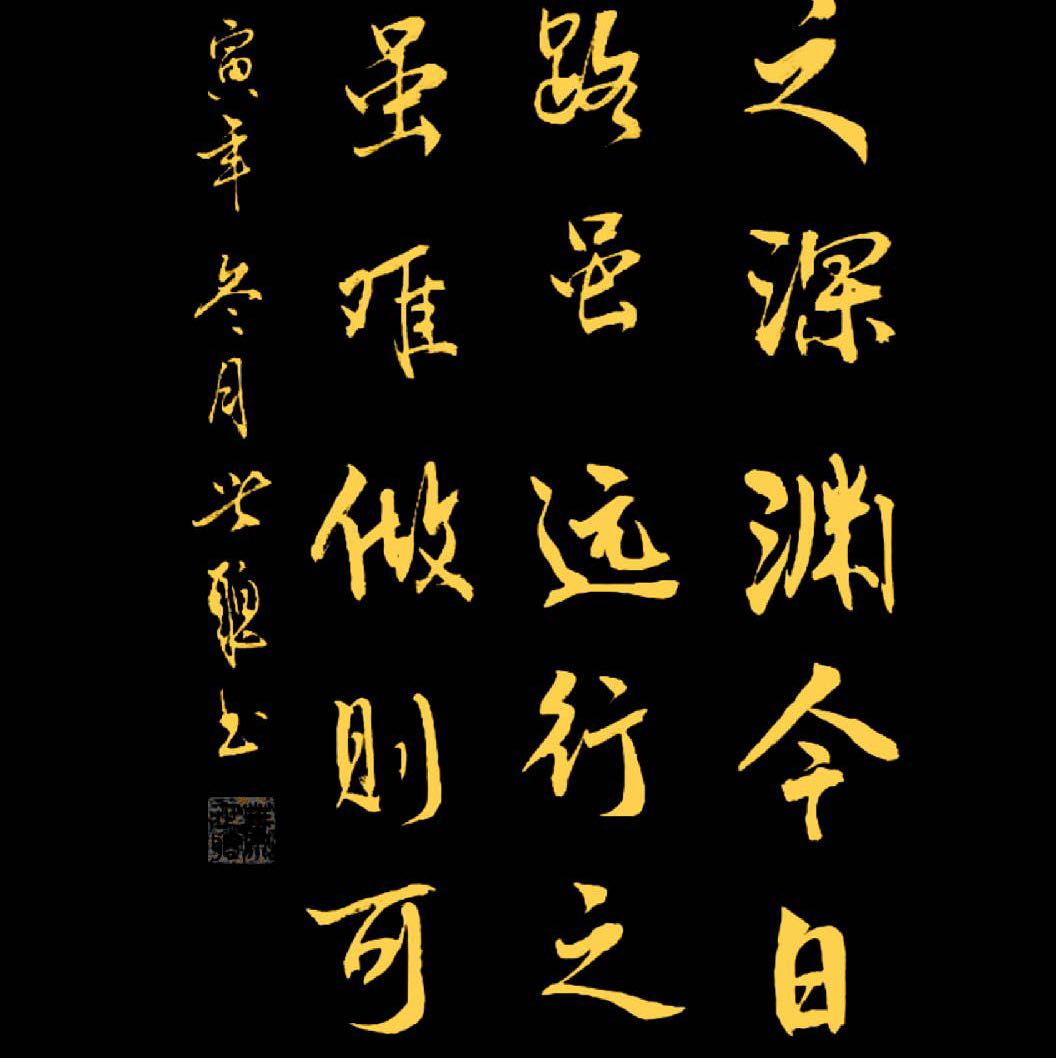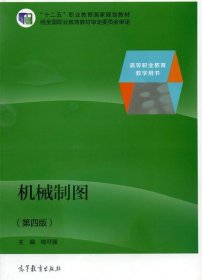
实践理性批判
¥ 16.03 ¥ 15.8 九五品
仅1件
浙江杭州
认证卖家担保交易快速发货售后保障
作者(德)康德
出版社世界图书出版公司
ISBN9787510029042
出版时间2011-01
版次1
装帧平装
开本16开
纸张胶版纸
页数118页
字数99999千字
定价15.8元
上书时间2024-08-01
- 最新上架
商品详情
- 品相描述:九五品
- 商品描述
-
基本信息
书名:实践理性批判
定价:15.80元
作者:(德)康德
出版社:世界图书出版公司
出版日期:2011-01-01
ISBN:9787510029042
字数:183000
页码:118
版次:1
装帧:平装
开本:12开
商品重量:
编辑推荐
内容提要
《实践理性批判》,该书出版于1788年,是康德思想的核心部分。《判断力批判》是《纯粹理性批判》和《实践理性批判》的中间环节。康德扮演的是基督教真理的维护者,是他首次确定了精神的永存和上帝的存在。书中讨论了生活中的至善问题,康德认为人在绝对服从道德律令的情况下,不应该只是去寻找快乐,而应该去寻找上帝赐予我们的幸福。
目录
1 INTRODUCTIONI FIRST PART2 BOOK I. 2.1 CHAPTER I. Of the Principles of PurePractical Reaso 2.1.1 I. DEFINITION 2.1.2 II. THEOREM I 2.1.3 III. THEOREM II 2.1.4 IV. THEOREM II 2.1.5 V. PROBLEM I 2.1.6 VI. PROBLEM II 2.1.7 VII. FUNDAMENTAL LAW OFTHE PURE PRACTICAL REASON 2.1.8 VIII. THEOREM IV 2.2 CHAPTER II. Of the Concept of an Objectof Pure Practical Reaso 2.2.1 I. QUANTITY 2.2.2 II. QUALITY 2.2.3 III. RELATION 2.2.4 IV. MODALITY 2.3 CHAPTER III. Of the Motives of PurePractical Reaso3 BOOK II. 3.1 CHAPTER I. Of a Dialectic of PurePractical Reason Generally 3.2 CHAPTER II. Of the Dialectic of PureReason in defining the Conception of the "Summum Bonum " 3.2.1 I. The Antinomy ofPractical Reaso 3.2.2 II. Critical Solution ofthe Antinomy of Practical Reaso 3.2.3 III. Of the Primacy ofPure Practical Reason in its Union with the SpeculativeReaso 3.2.4 IV. The Immortality of theSoul as a Postulate of Pure Practical Reaso 3.2.5 V. The Estence of God asa Postulate of Pure Practical Reaso 3.2.6 VI. Of the Postulates ofPure Practical Reason Generally 3.2.7 VII. How is it possible toconceive an Extension of Pure Reason in a Practical point ofview, without its Knowl- edge as Speculative beingenlarged at the same time? 3.2.8 VIII. Of Belief from aRequirement of Pure Reaso 3.2.9 IX. Of the Wise Adaptationof Man's Cognitive Faculties to his Practical DestinatioII SECOND PART4 Methodology of Pure Practical Reaso5 CONCLUSION
作者介绍
伊曼努尔 康德 ( Immanuel Kant,1724年 --- 1804年 ),德国思想家、哲学家、天文学家、星云说的创立者之一、德国古典哲学的创始人。他被认为是对现代欧洲影响力的思想家之一,也是启蒙运动的主要思想家。
序言
-

【封面】
— 没有更多了 —











以下为对购买帮助不大的评价